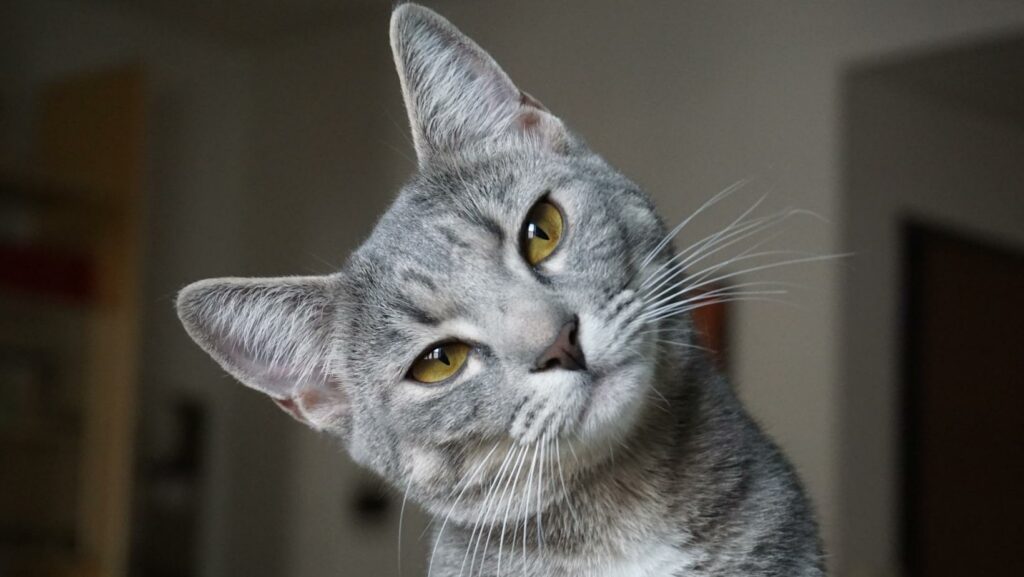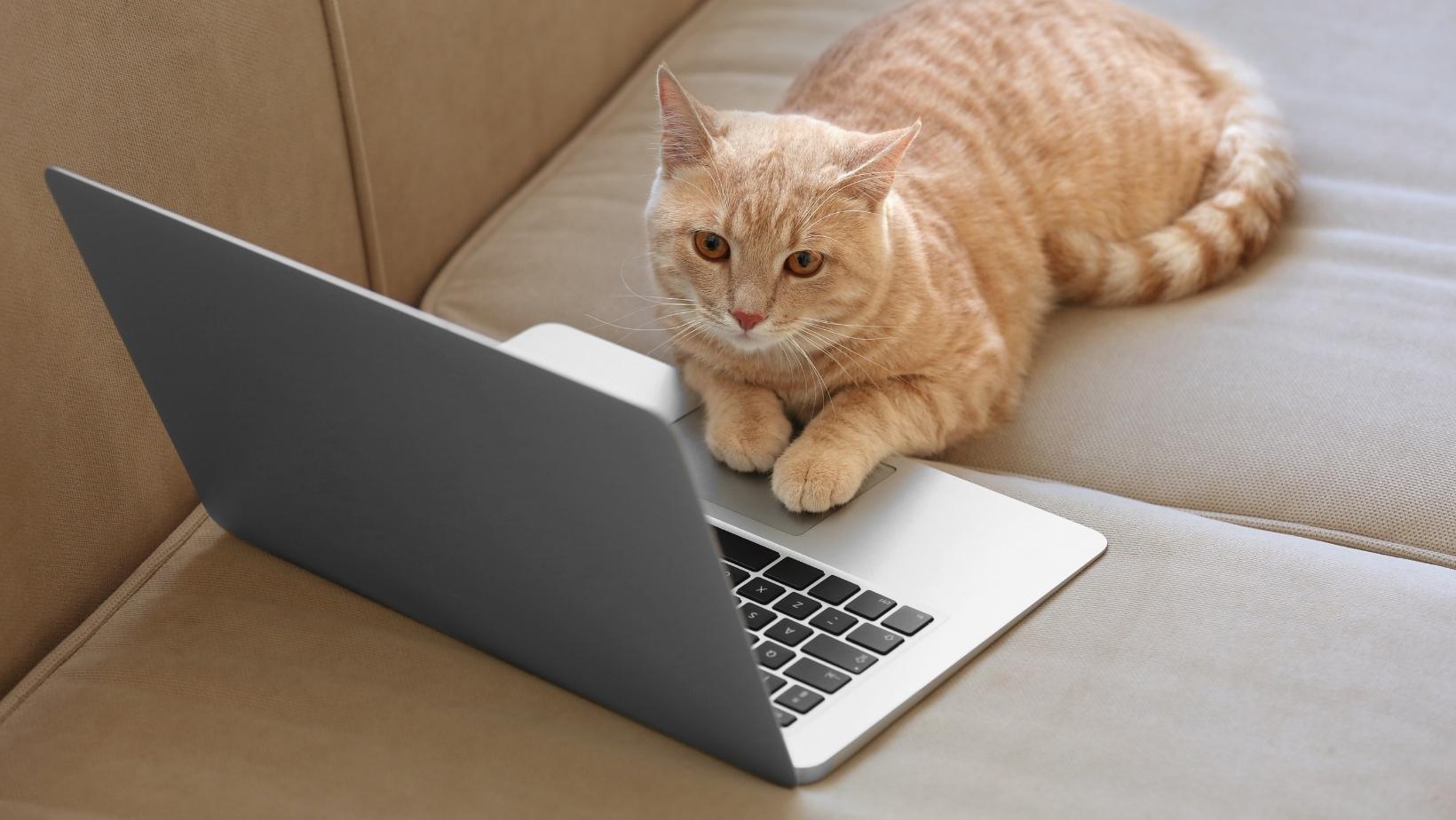
If you find yourself wondering, “Why does my cat poop on the floor only at night?” you’re not alone. Many cat owners have experienced this perplexing behavior and are left searching for answers. While every cat is unique and may have different reasons for their nighttime accidents, there are a few common explanations to consider.
One possible reason is that your cat’s litter box may be causing them discomfort or anxiety. Cats are creatures of habit and prefer a clean and quiet environment when using their litter box. If the litter box isn’t cleaned regularly or if it’s located in a noisy or high-traffic area, your cat may choose to relieve themselves elsewhere, such as on the floor.
Another possibility is that your cat’s nighttime pooping behavior could be related to changes in their routine or environment. Cats can become stressed by alterations in their surroundings, such as moving to a new home or the addition of a new pet. This stress can lead to behavioral issues like inappropriate elimination.
Additionally, medical issues should always be considered when trying to understand why your cat is pooping on the floor at night. Conditions such as urinary tract infections, gastrointestinal problems, or even arthritis can cause cats discomfort while using the litter box and prompt them to seek alternative places for elimination.
Why Does My Cat Poop on the Floor Only at Night
Sleep disturbances affecting cats
If you’re wondering why your cat chooses to poop on the floor only at night, sleep disturbances could be one possible reason. Just like humans, cats need their restful sleep to maintain overall health and well-being. However, certain conditions can disrupt their sleep patterns, leading to unusual behavior such as nighttime defecation.
Some common sleep disturbances in cats include:
- Feline dementia: Older cats may experience cognitive decline, including confusion and disorientation during the night, which can contribute to accidents outside of the litter box.
- Nocturnal anxiety: Cats prone to anxiety or stress may exhibit restless behaviors at night, including eliminating outside of their designated area.
- Medical conditions: Underlying health issues like urinary tract infections or gastrointestinal problems can cause discomfort or urgency that wakes up your cat during the night.
It’s important to observe any accompanying symptoms or changes in behavior that might indicate a potential medical issue. If you suspect a sleep disturbance is contributing to your cat’s nighttime accidents, it’s recommended to consult with a veterinarian for further evaluation and appropriate treatment options.
Digestive issues in cats
Digestive problems can also play a role in why your cat poops on the floor specifically at night. Various factors can contribute to digestive disruptions in felines, including dietary intolerances, food allergies, or gastrointestinal disorders.
Here are some examples of digestive issues that might cause nighttime defecation:
- Inflammatory bowel disease (IBD): This chronic condition causes inflammation within the digestive tract and can lead to irregular bowel movements.
- Food sensitivities: Certain ingredients in your cat’s diet may trigger adverse reactions and upset their stomachs.
- Constipation: Cats experiencing constipation may find it uncomfortable trying to use the litter box and opt for alternative spots instead.
If you suspect digestive issues are the cause of your cat’s nighttime accidents, it’s essential to consult with a veterinarian. They can help identify potential triggers and recommend dietary changes or medications to manage the condition effectively.

Behavioral Problems Related to Nighttime Defecation
Behavioral issues can also factor into why your cat chooses to poop on the floor exclusively at night. Cats are creatures of habit, and any disruptions in their routine or environment can lead to behavioral changes.
Some possible behavioral reasons for nighttime defecation include:
- Litter box aversion: Your cat may avoid using the litter box due to unpleasant associations, such as a dirty or covered box, strong odors, or inadequate cleanliness.
- Territorial marking: Cats may engage in marking behavior if they feel threatened by other animals or if there are changes in their territory.
- Anxiety or stress: Environmental changes like moving homes, introducing new pets, or experiencing separation anxiety can contribute to nighttime accidents.
To address behavioral issues contributing to your cat’s nighttime pooping habits, consider providing multiple clean litter boxes in different locations and ensuring a calm and secure environment for your feline companion. If necessary, consult with a professional animal behaviorist for guidance on managing and modifying these behaviors.
Remember that pinpointing the exact cause of your cat’s behavior requires thorough observation and potentially consultation with a veterinarian. By understanding potential medical reasons such as sleep disturbances, digestive issues, and behavioral problems linked to nighttime defecation, you’ll be better equipped to address this issue and provide appropriate care for your furry friend.











